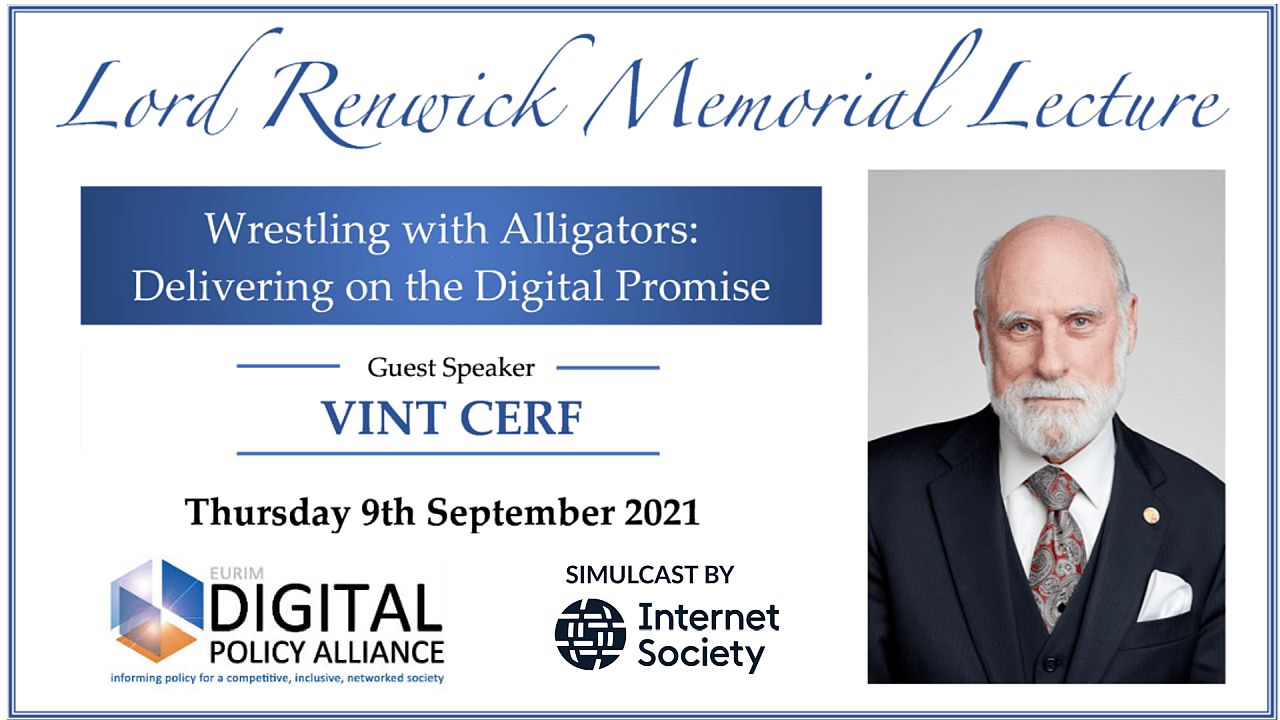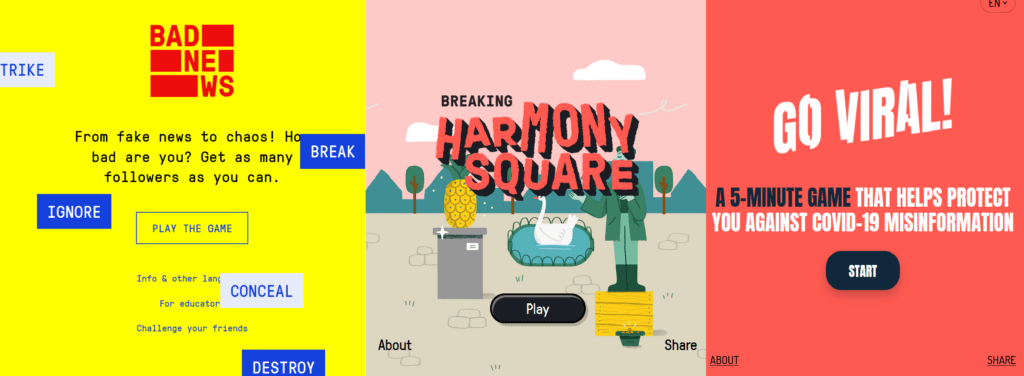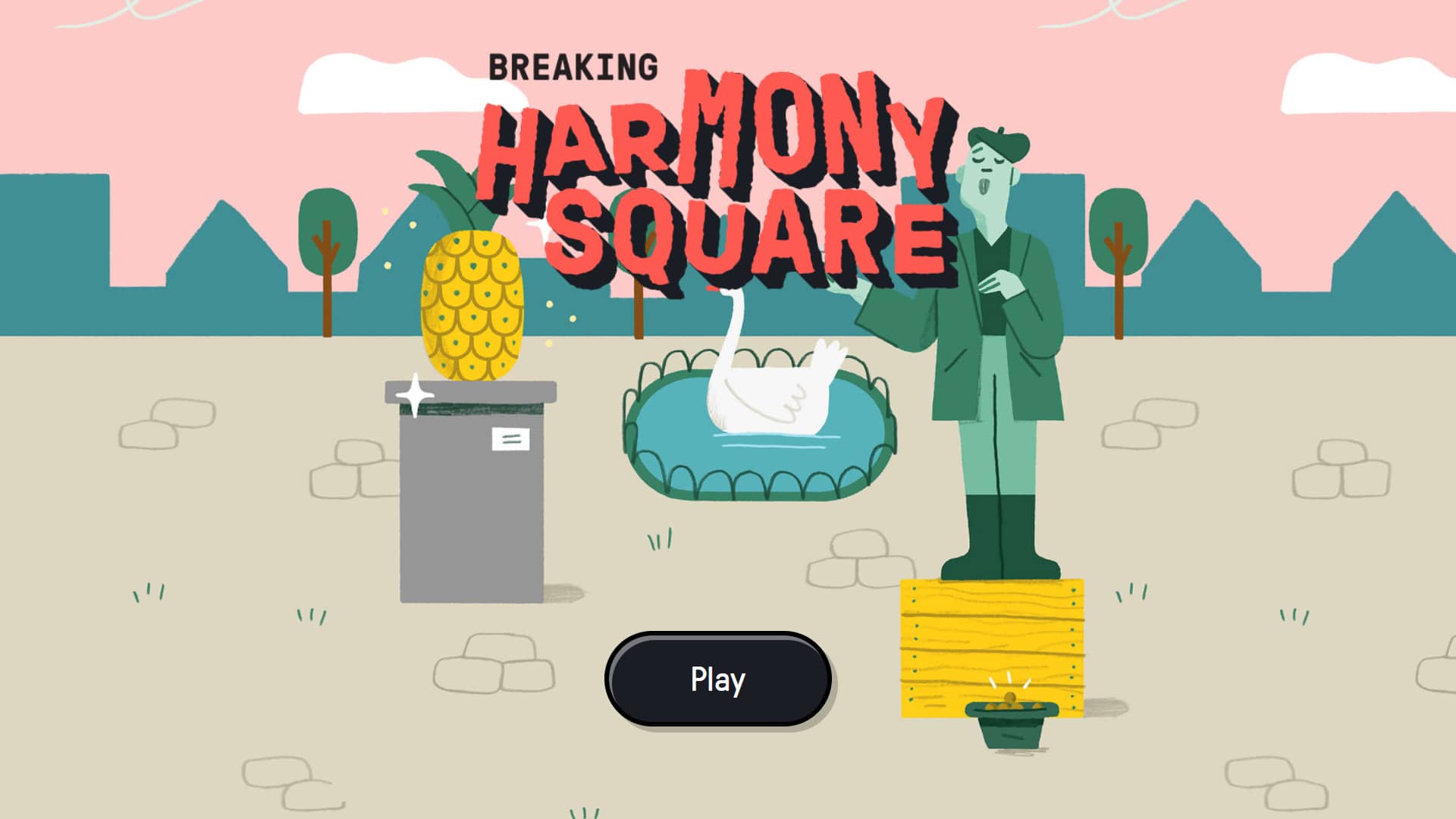Using Danish witchcraft folklore as a model, the researchers from UCLA and Berkeley analysed thousands of social media posts with an artificial intelligence tool and extracted the key people, things and relationships.
The Guardian has a nice story on Why people believe Covid conspiracy theories: could folklore hold the answer? This reports on research using folklore theory and artificial intelligence to understand conspiracies.
The story maps how Bill Gates connects the coronavirus with 5G for conspiracy fans. They use folklore theory to understand the way conspiracies work.
Folklore isn’t just a model for the AI. Tangherlini, whose specialism is Danish folklore, is interested in how conspiratorial witchcraft folklore took hold in the 16th and 17th centuries and what lessons it has for today.
Whereas in the past, witches were accused of using herbs to create potions that caused miscarriages, today we see stories that Gates is using coronavirus vaccinations to sterilise people. …
The research also hints at a way of breaking through conspiracy theory logic, offering a glimmer of hope as increasing numbers of people get drawn in.
The story then addresses the question of what difference the research might make. What good would a folklore map of a conspiracy theory do? The challenge of research is the more information clearly doesn’t work in a world of information overload.
The paper the story is based on is Conspiracy in the time of corona: automatic detection of emerging Covid-19 conspiracy theories in social media and the news, by Shadi Shahsavari, Pavan Holur, Tianyi Wang , Timothy R Tangherlini and Vwani Roychowdhury.





